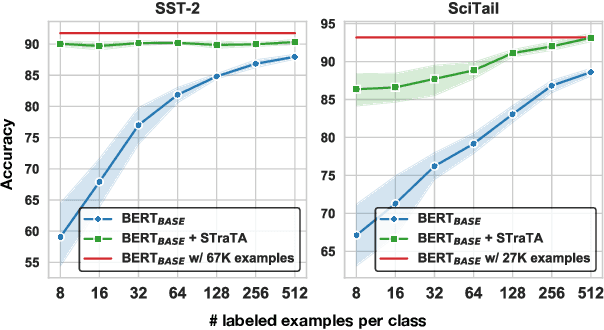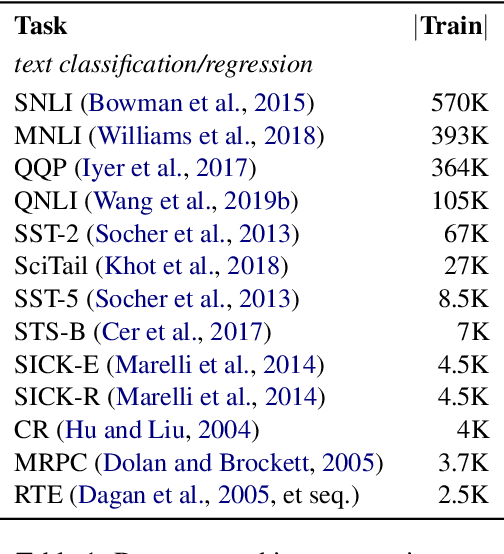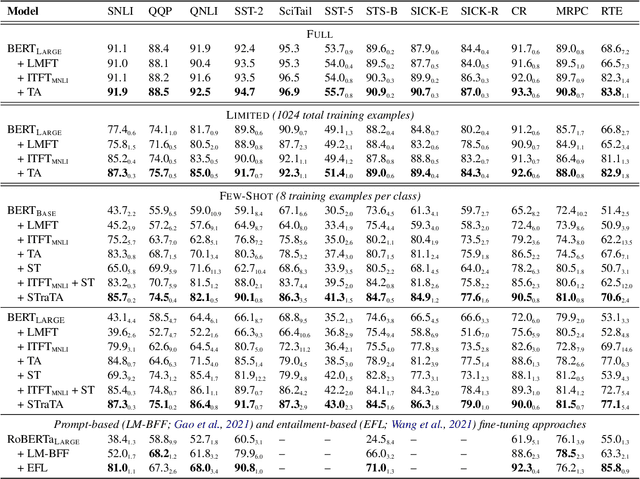Grady Simon
The Evolution of LLM Adoption in Industry Data Curation Practices
Dec 20, 2024



Abstract:As large language models (LLMs) grow increasingly adept at processing unstructured text data, they offer new opportunities to enhance data curation workflows. This paper explores the evolution of LLM adoption among practitioners at a large technology company, evaluating the impact of LLMs in data curation tasks through participants' perceptions, integration strategies, and reported usage scenarios. Through a series of surveys, interviews, and user studies, we provide a timely snapshot of how organizations are navigating a pivotal moment in LLM evolution. In Q2 2023, we conducted a survey to assess LLM adoption in industry for development tasks (N=84), and facilitated expert interviews to assess evolving data needs (N=10) in Q3 2023. In Q2 2024, we explored practitioners' current and anticipated LLM usage through a user study involving two LLM-based prototypes (N=12). While each study addressed distinct research goals, they revealed a broader narrative about evolving LLM usage in aggregate. We discovered an emerging shift in data understanding from heuristic-first, bottom-up approaches to insights-first, top-down workflows supported by LLMs. Furthermore, to respond to a more complex data landscape, data practitioners now supplement traditional subject-expert-created 'golden datasets' with LLM-generated 'silver' datasets and rigorously validated 'super golden' datasets curated by diverse experts. This research sheds light on the transformative role of LLMs in large-scale analysis of unstructured data and highlights opportunities for further tool development.
STraTA: Self-Training with Task Augmentation for Better Few-shot Learning
Sep 13, 2021



Abstract:Despite their recent successes in tackling many NLP tasks, large-scale pre-trained language models do not perform as well in few-shot settings where only a handful of training examples are available. To address this shortcoming, we propose STraTA, which stands for Self-Training with Task Augmentation, an approach that builds on two key ideas for effective leverage of unlabeled data. First, STraTA uses task augmentation, a novel technique that synthesizes a large amount of data for auxiliary-task fine-tuning from target-task unlabeled texts. Second, STraTA performs self-training by further fine-tuning the strong base model created by task augmentation on a broad distribution of pseudo-labeled data. Our experiments demonstrate that STraTA can substantially improve sample efficiency across 12 few-shot benchmarks. Remarkably, on the SST-2 sentiment dataset, STraTA, with only 8 training examples per class, achieves comparable results to standard fine-tuning with 67K training examples. Our analyses reveal that task augmentation and self-training are both complementary and independently effective.
 Add to Chrome
Add to Chrome Add to Firefox
Add to Firefox Add to Edge
Add to Edge